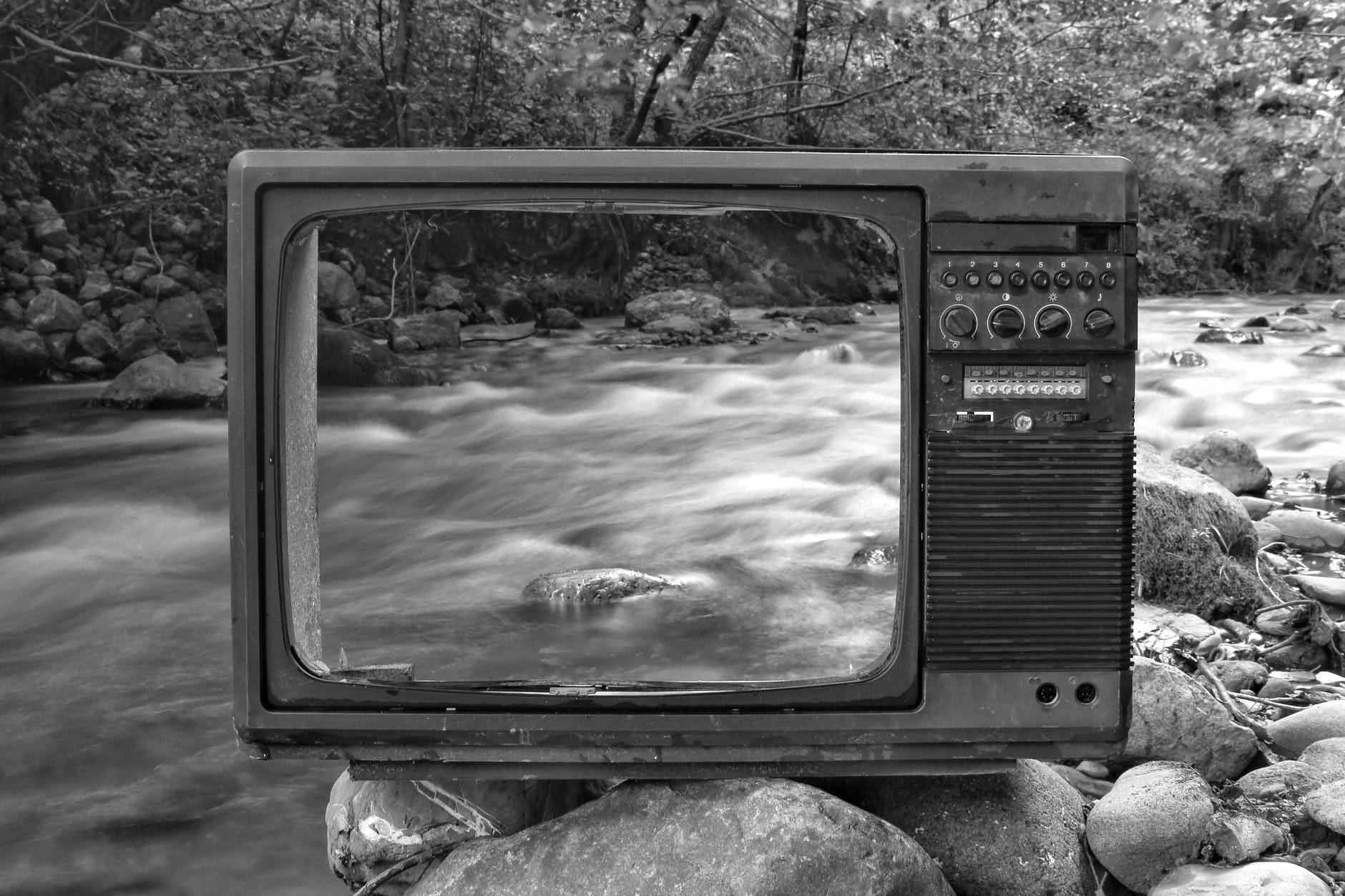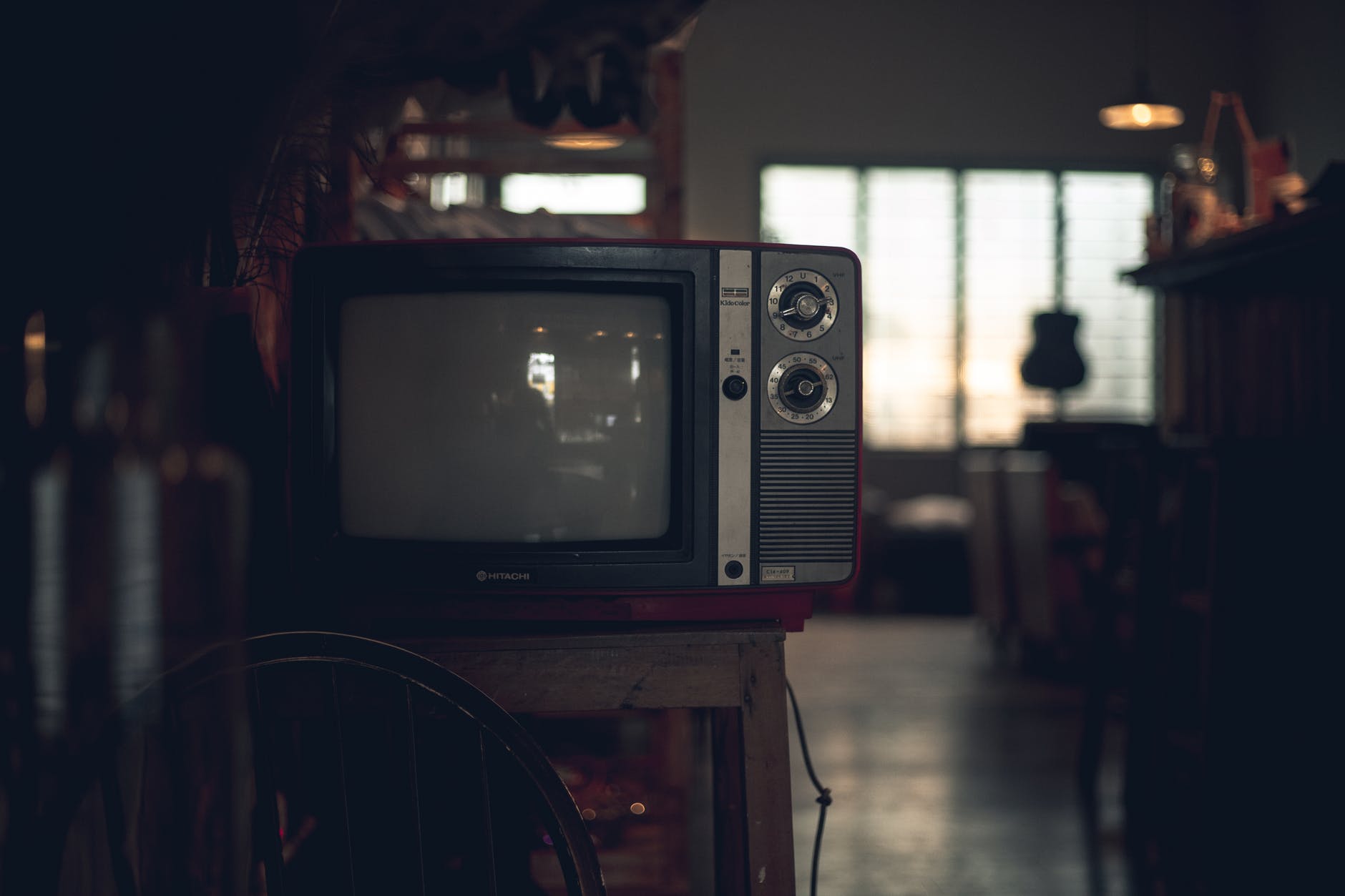We’ve all switched onto our range of streaming services and felt uninspired by the content we want to watch. However, is that because of the endless amount of tv shows and films we could watch or is it that we are constantly bombarded with remakes, reboots, revivals, sequels and even prequels. It seems the Hollywood industry has run out of their creative juices for the production on new and exciting content.
LA LA LAND – THE PLACE WHERE DREAMS ARE MADE FROM REMAKES
Since the majority of us have binged watched our watch lists over lockdown, audiences are now craving something more. Whilst we snuggle into the nostalgia that are reboots and remakes with a sense of comfort they offer as we know what to expect, we’re now parting ways with that familiarity and want our brains frazzled with new plots.
It seems over the past year the entertainment industry has put the remake factory to work. Disney is set to release a rebooted version of Home Alone whilst HBO Max’s content is dominated by remakes or prequels such as Gossip Girl and the highly anticipated Game of Thrones prequel. Though it’s feeling like an overload of pre-existing content, Film Studies lecturer, Matthew Jones from the De Montfort University in Leicester says, “Remake and reboot culture is not new,”. Talking to Cosmopolitan he said “It’s often framed as something novel and unique to our postmodern times, but there is actually a rich tradition of remakes in Western film culture that runs back to the earliest days of cinema (arguably as far back as 1896). The interesting thing about remakes isn’t really that they exist or are significant in number, but rather that there are more of them at certain moments in history. And we’re certainly in one of those moments now.”
Whilst the entertainment industry might continue to produce reboots and remakes, should we be challenging the industry to provide us with new concepts? Looking at the good and bad productions, why does the industry keep making them? And why do we still run to them?

WHY REBOOTS ARE NEEDED
Shock to some, but the entertainment industry can produce one or two good reboots, and sometimes a reboot is needed to really capture a story’s essence or to illustrate society’s changing landscape. There’s one main feature that plays a key role in this and that’s technology. We’ve come a long way since the 80’s where sci-fi movies began to dominate the film industry and in some cases those movies didn’t do the film justice. The most recent example being Dune starring Timothée Chalamet and Oscar Isaac. A film where it’s concept is the future featuring technology that’s far from our lifetime, the 80’s didn’t really have the technology to do that landscape justice. With advancements in filming practices, cameras and CGI technology, remaking and rebooting old sci films seems justified.
Taking a new perspective to the technology route to justify the plethora of reboots is its societal role. The number of social media platforms has risen exponentially over the last 15 years. Social media’s introduction changed the way we consumed news, information and communicate. One reboot which shows the inclusion of such in modern society is the reboot of Gossip Girl by HBO Max. Whilst it doesn’t have the most dynamic plots and Oscar worthy acting, it’s reboot from the 2007 version relates to a more modern audience that can relate to social media’s ‘destructive’ role.
Similar to Gossip Girl, this year saw the reboot of Nickelodeon classic iCarly by Paramount+. Featuring most of the original cast, rather than reverting back to its original concept of seeing grown adults act 12, we saw grown up characters with adult problems. The characters grew with its original fans which was refreshing to see. Also with a technology element, we saw the lead character’s role progress to influencer – a modern and realistic evolution of the show.
THE PIT OF BAD REMAKES AND REBOOTS
There’s no denying that most of us are sick of seeing reboots of massive franchises. Most recently I sat in a cinema and saw the trailer for the new Ghostbusters film, whether it’s a reboot, sequel or whatever, it looked rubbish. Spending millions to create films where we know what’s going to happen and how it’s going to end seems counter intuitive.
America is a returning offender for the creation of reboots and remakes. A hit or miss industry, American TV networks welcome creating word for word remakes of shows that fail to achieve even a mediocre rating. One remake which I was intrigued about was Ghosts. A British tv show created by the beloved Horrible History cast, it was a hit in the UK. When I discovered there was a US version, I had to watch the trailer. Though I know there is a difference in UK and US television, to me the American version lacked the charm of its British superior. Even though everything was the same – even the script (minus 10 points), actors were pantomime like and didn’t execute jokes well.
Another remake from the US which falls to the same failure is The Inbetweeners. Even though The US has had a few successful remakes such as The Office, even that can’t save the industry.
WHY SO MANY REMAKES?
Another major player in the reboot world is the legal field of intellectual property (IP). For those of you who don’t know what IP is, in its simplistic terms, it’s when a company owns the rights to creative work – in this case film scripts. Disney is most likely the largest name which continues to make enormous amounts of profit from remakes and reboots. As the company and its streaming platform is covered in spin-offs of large titles from Marvel and Star Wars alongside their popular live remakes of Disney classics, it’s reported that they’ve made more than $7 billion in the last decade solely from remakes.
So why are our screens and streaming platforms being dominated by familiar titles and story lines? One of the main reasons is that it’s a safe bet. Production companies know that names such as Ghostbusters will draw interest and entice generations both new and old. Making remakes and reboots means that companies don’t have to search for new content and writers – it involves less risk and is cost effective.
Reboots and remakes are seemingly a lucrative industry and as streaming services conquer the traditional tv channels, a streaming war is beginning to break out. Platforms like Netflix and Amazon Prime will find it difficult to compete against Disney as they hold the rights to many beloved titles which can be constantly remade as technology progresses.

FORCING CREATIVITY – UN-ORIGINALITY
Platforms like Apple TV+ and Netflix who have very few to non-IP scripts and content are having to create new films and tv shows. Whilst it may make their job more difficult and encourage them to take more risks with unknown titles, it has allowed their audiences to consume new stories which they crave. And the risks have paid off! Apples Ted Lasso has won many awards whilst Netflix has taken the crown for one of the most watched and talked about series ever – Squid Game.
Netflix has welcomed foreign series with open arms and has satisfied their audiences’ needs. Introducing new concepts and stories, streaming platforms are beginning to understand that their customers want more. Many of Netflix’s original titles have been highly praised showing that new doesn’t always mean risk. Financial analyst Michael Nathanson says,“The truly breakthrough content like ‘Squid Game’ or ‘The Queen’s Gambit’ or ‘Money Heist’ feels unexpected and is the outcrop of Netflix’s willingness and ability to just spend, baby, spend on new content. (Subscriber) growth only appears to be sustained by new content spending,”.
Not only does the issue of intellectual property force creativity on many other streaming platforms, but it encourages them to spend a little more on unknown titles. As consumers, we want high quality series that we’ve never seen or experienced before. You can even take ideas from books, but we are getting sick of remakes and reboots that offer no additional entertainment or angle.
A CREATIVITY INDUSTRY THAT LACKS CREATIVITY
It’s clear to see that Hollywood production companies are running out of ideas. It seems like all that happens is they dip their hands into a bowl of film titles, pick one and say here’s our next film. Many people are still happily consuming this content, I mean look at A Star Is Born. There’s been about three remakes, all the same with different actors yet winning 1st place awards.
The mainstream industry is beginning to become lazy and that’s why many are turning to streaming platforms to watch new and interesting content. You could say places like Apple TV+ and Netflix are the edgier versions of mainstream media. Allowing more risky plot lines and testing out foreign shows, mainstream media has become dated and behind the times. Speaking to Collider, Director Chris Columbus said “….In this version of Hollywood that we live in, everybody is remaking everything, and rebooting everything…..There’s no point in any of us remaking the classic films. Make something original, because we need more original material….”







